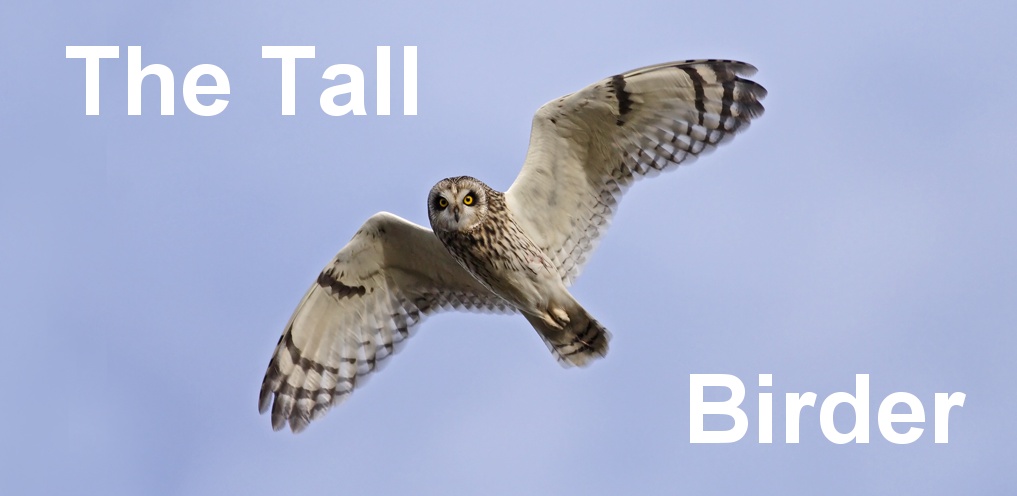A bone dry Shellingford Pit
This will have destroyed all the dragonflies and damselflies that used to inhabit what was a nice little site. It was the stronghold of Small-red eyed Damselflies in the county and was a great place to get close to a good collection of other species. In its heyday, it even had a Lesser Emperor once. Going back several years, when the water levels were much higher, it was also a good spot for birds with highlights including Ring-necked Duck, Jack Snipe, Yellow Wagtail, Wheatear. Lapwing & Little Grebe bred here in some years.
No more I fear. It is not completely clear why this site has gradually dried out, but lack of recent rain and the pumping activities at the working quarry over the road are the most likely causes.
Prospects for the future look bleak here...


At a local level this is a wildlife disaster and has happened on a sssi although its sssi status is due to the fossilised banks on its perimeter, but nevertheless the fact that all we can do is to leap up and down making noises that no one listens to is a reflection of the perilous state some of our local wildlife finds itself in and one fears for the future. The Feather.
ReplyDeleteDo Odonata have any way of surviving this? I'm guessing that eggs that are laid might survive periods of drought for a while and will hatch once the water returns. Just a guess though
ReplyDeleteHi Adam. I'm not sure about this. It may depend on the species and the period of drought. Problem with this site is that the water may not ever come back with the pumping from the adjacent quarry sucking it dry.
DeleteI found this in an online BDS publication which doesn't sound too hopeful:
ReplyDelete"All British dragonflies develop in water. Most breed only in habitats that contain free water all year, although a few can survive withdrawal of water for a month or more during late summer"